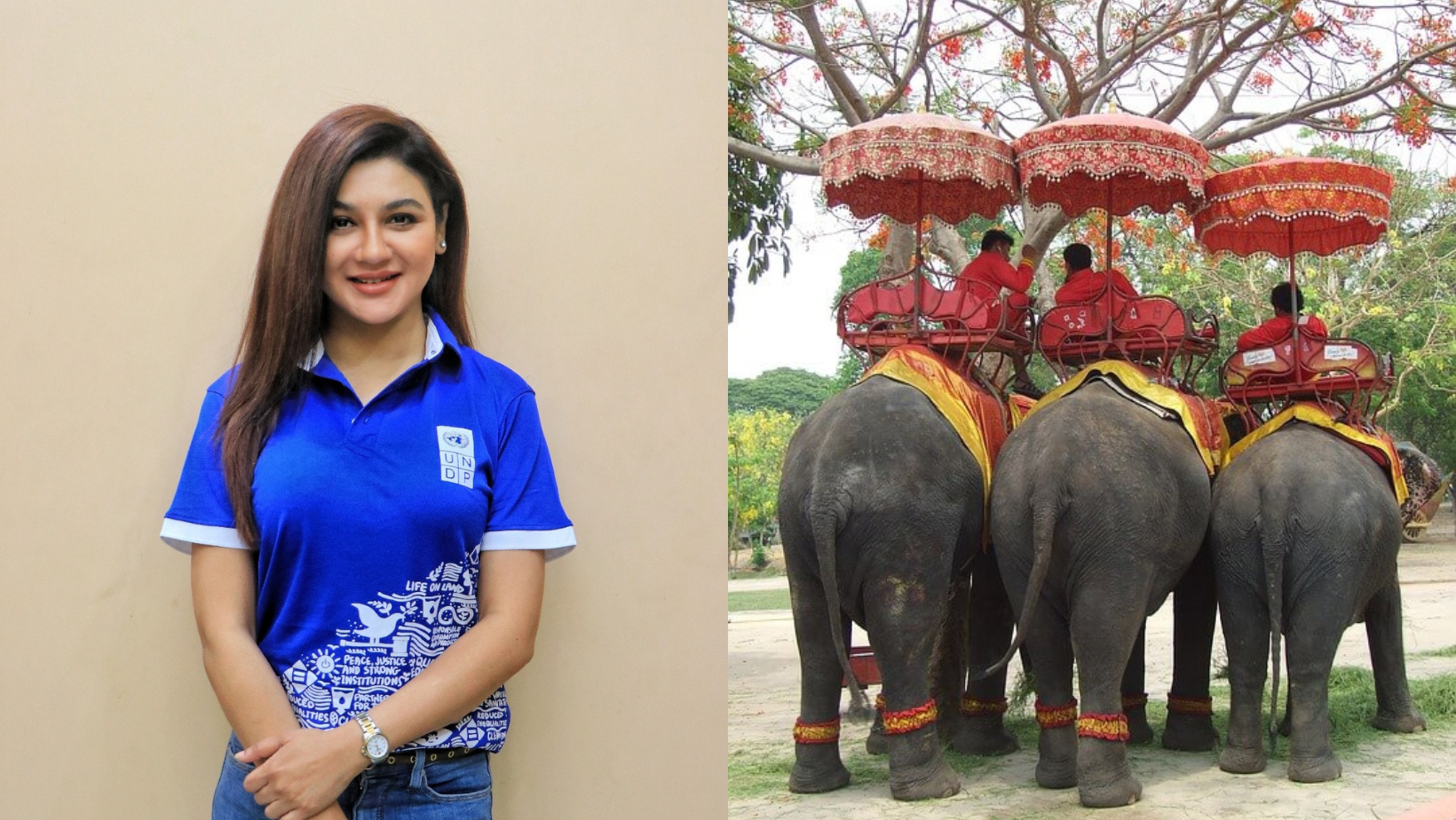Azad Rahman’s significant musical collections handed over to Bangladesh Film Archive

Eminent music director and lyricist Azad Rahman's essential musical instruments and his collections were handed over to the Bangladesh Film Archive today by his wife singer Selina Azad.
These equipments were taken from Azad Rahman's Movietone studio. Director General of the Bangladesh Film Archive, M Kamruzzaman, received the following equipment from Azad Rahman's studio Movietone, and transferred them into the Film Archive's museum: a 35mm projector machine, a mixer machine, a 35mm portable editing machine, a 16mm portable editing machine, a new-man microphone, 8mm projectors with monitors, a typewriter from the contemporary era, sound boxes, a transistor TV receiver, an audio reverb processor, an equalizer (multi-effect processor), a mini audio mixer, amplifiers, MP3, 02 guitars, projector amplifiers, microphone stands, Long play (LP), Long play (LP) medium, Long play (LP) short, various song spool tapes small/large, 16mm camera, Nagra three, eight-track cassette recorder, digital console, cassette recorder, various types of audio cassettes, CDs, DVDs, Betacam, books on Bengali classical music training, and Sony digital cameras.
At that time, project director Dr M Mofakkharul Iqbal, project director, Farhana Rahman, director, staff members, and Azad Rahman's younger brother Sajjad Rahman were present.
Azad Rahman has been associated with music since the 1960s. He obtained his undergraduate degree in music from Rabindra Bharati University and has created music for numerous successful movie songs, ranging from Rabindra Sangeet to modern high-pitched songs.
He has worked in various musical genres including folk, thumri, gazal, qawwali, dhrupad, khayal, and modern music. Azad Rahman was exceptionally skilled in piano playing and orchestral composition. He joined Dhaka Betar in 1964.
In 1969, he made his debut in music direction with the film "Aguntuk". In 1977, he was honoured as the best music composer for the film "Jadur Bashi", and in 1993, he received the National Film Award as Best Music Director and Best Singer for the film "Chadabaj".
In 1976, he directed a film titled "Jonoshochetonotamulok Gopon Katha" to raise social awareness.



 For all latest news, follow The Daily Star's Google News channel.
For all latest news, follow The Daily Star's Google News channel. 
Comments